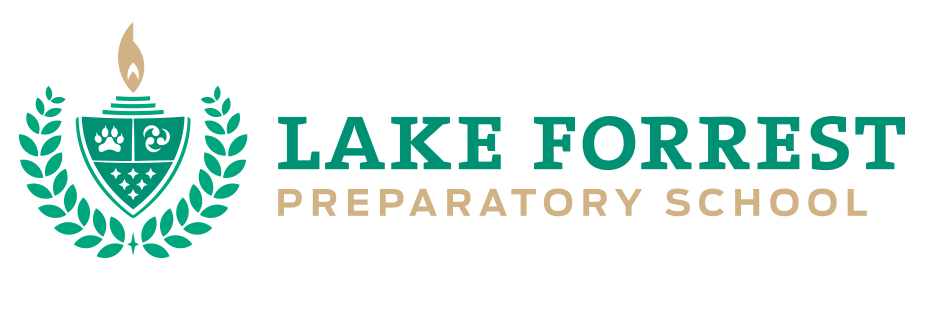Most people automatically picture screens when they hear the word “technology,” and we keep hearing that screens are bad for kids. However, it’s not that black and white. Technology can provide deeper learning for children, especially younger children who are growing up with the world at their fingertips. Here are a few ways technology helps children learn:
Critical thinking
Young children are more interested in play than schoolwork. Introducing early education games via a tablet or computer monitor teaches children when they least expect it. This brings important concepts to the forefront as children learn by doing. Even better, these enjoyable learning tools are created with children in mind as the end-users. Children learn quickly to manipulate the controls and become computer-savvy.
Emotional and social development
Young learners play in different modalities, usually placed into the categories of parallel play, individual play, or social play. Computers allow parallel play in a classroom setting as students sit together learning the same content at different speeds and levels. The environment also allows for social play, as students can compare their progress with their neighbor or participate in a group online project.
Understanding new concepts
Children enjoy learning from a computer program, sometimes more than from a teacher. Studies have proven it takes several times before a fact becomes solidified into the brain. Learning a concept from a teacher, then hearing it reiterated on a computer gives that connection more power. Because many computer learning programs are customized for each learner, concepts not fully understood can be presented multiple times until they make sense.
Parental involvement
Early educators can now share more than grades on a report card. This allows parents to understand better how well their child is progressing. With the ability to send files of homework assignments, examples of schoolwork, audio and video files of their child showcasing a project, and updated communications via computer or text, parents have an open door to their child’s education.
Assistive technology
Children with disabilities and special needs benefit in many ways from technology. Those with impaired hearing or speech can now more easily communicate using talk-to-text programs, tablets, hearing aids, and programs to form a solid foundation of learning to help them stay apace with their peers. Technology has helped millions of students with disabilities and special needs engage more readily in the classroom.
Technology is an amazing tool to assist in almost any learning pursuit, regardless of the age of the learner. Keep up with the latest technological trends by visiting Lake Forrest Prep’s website or by calling 407 331-5144.

